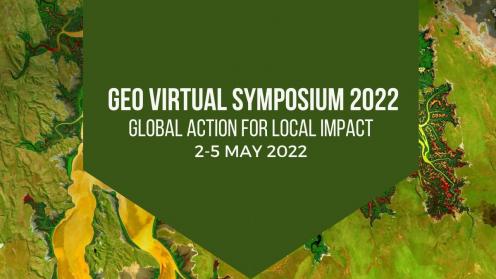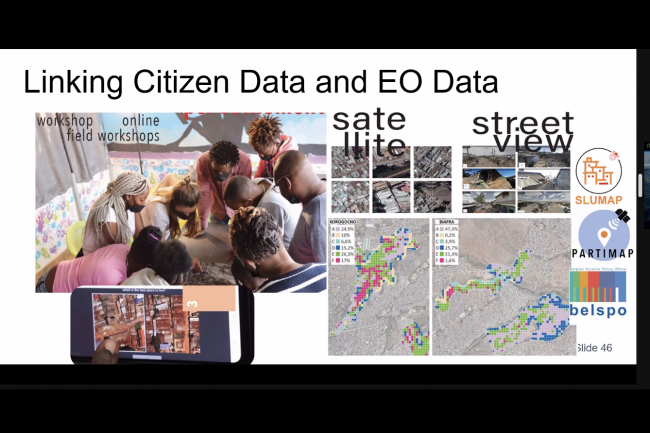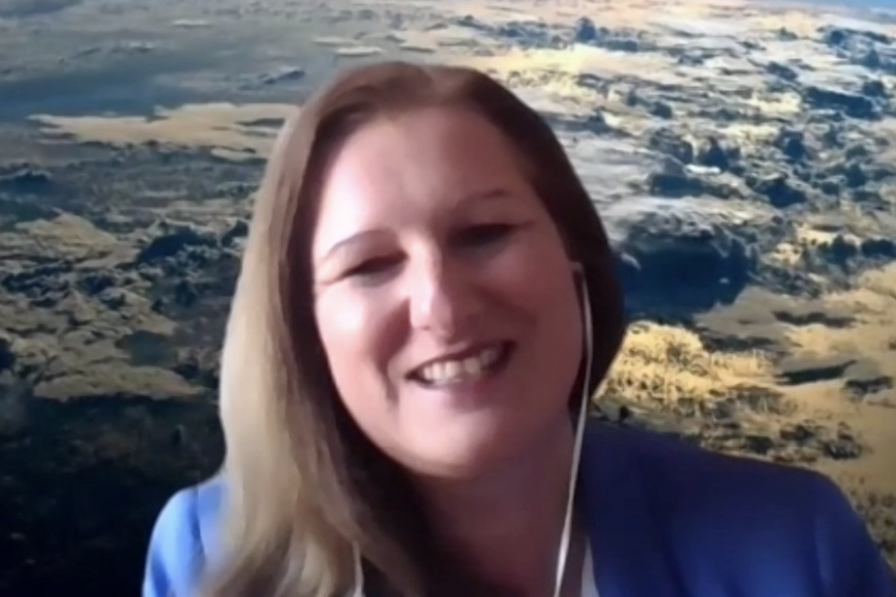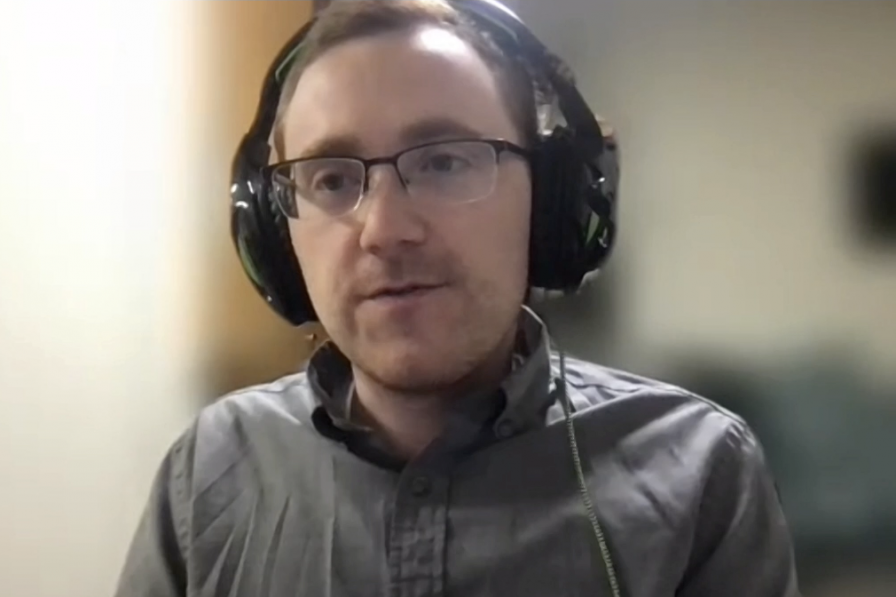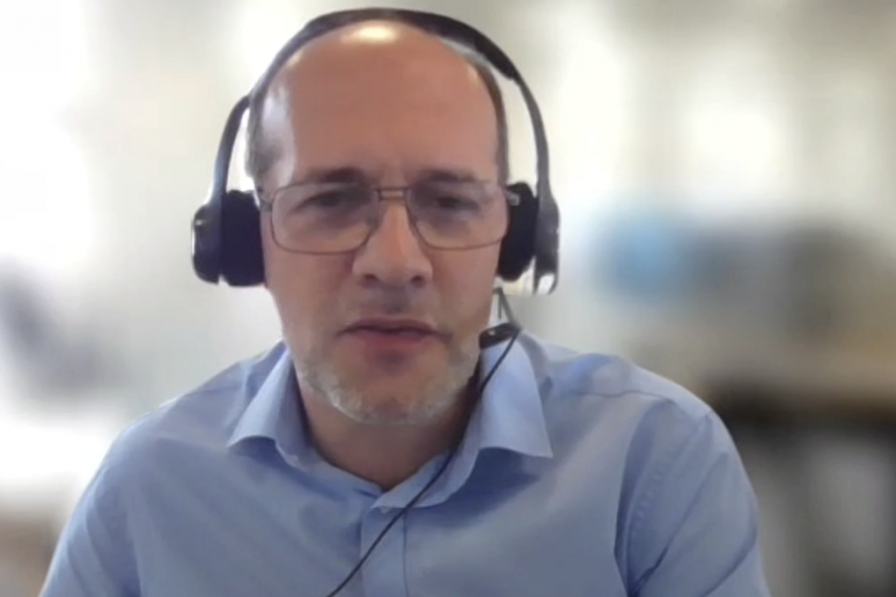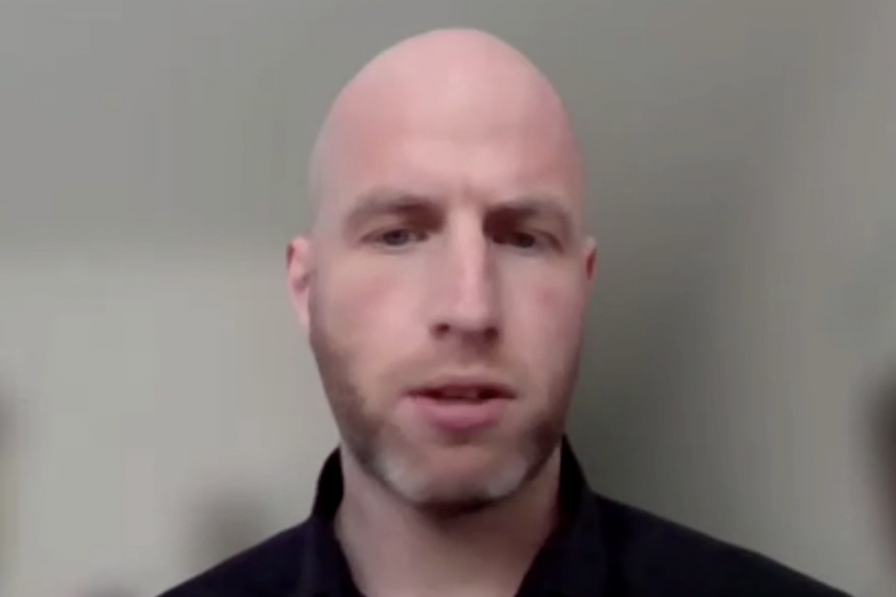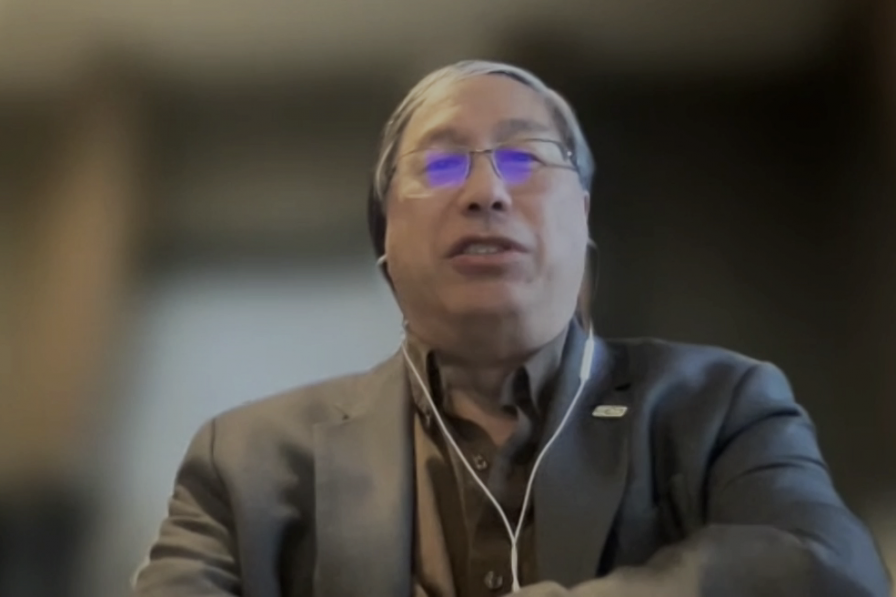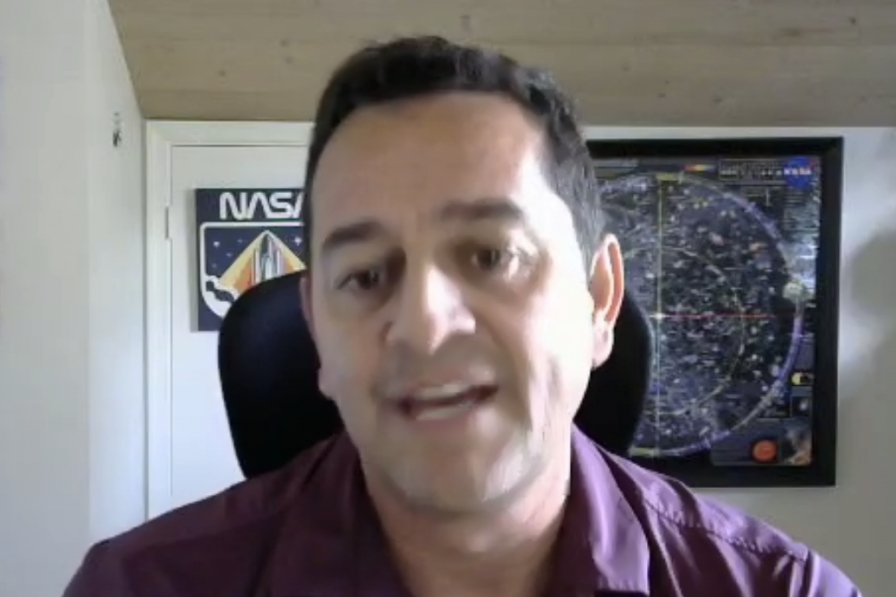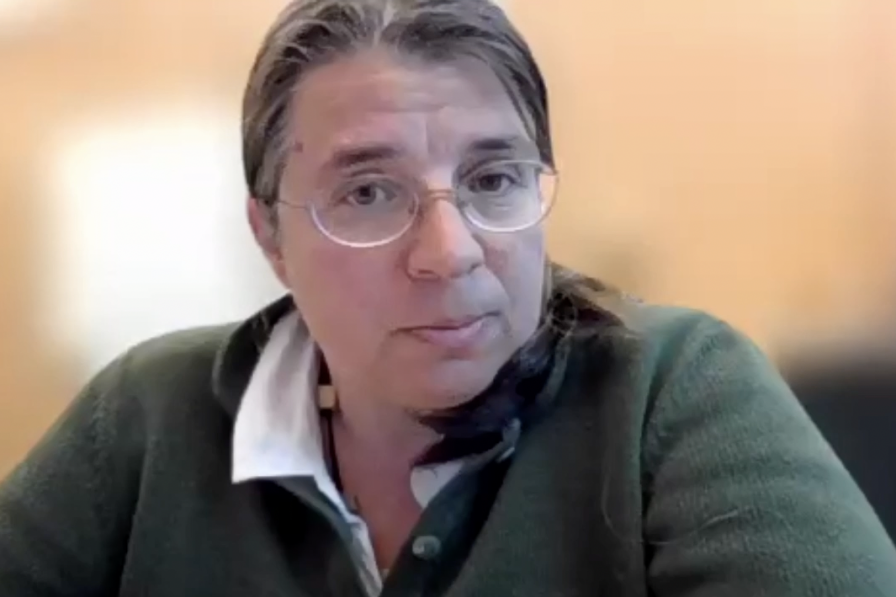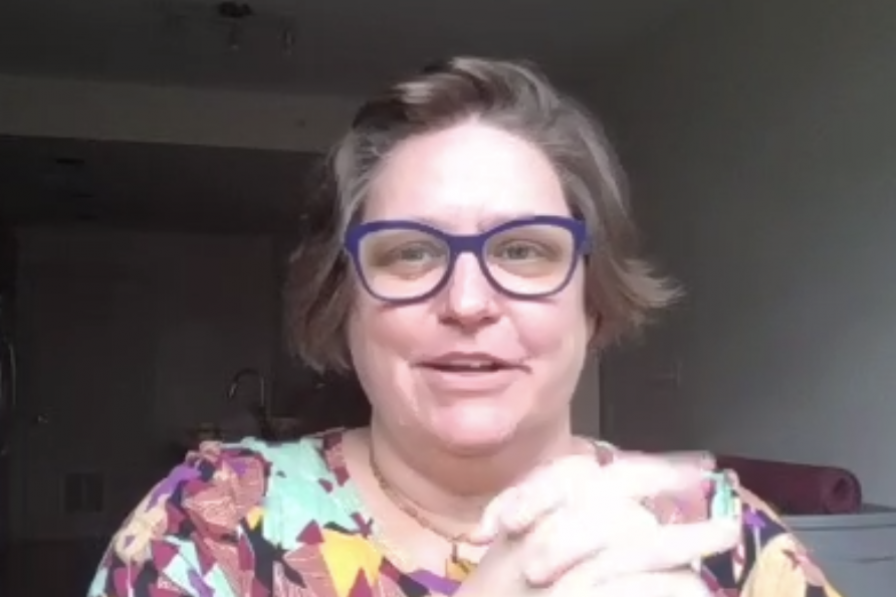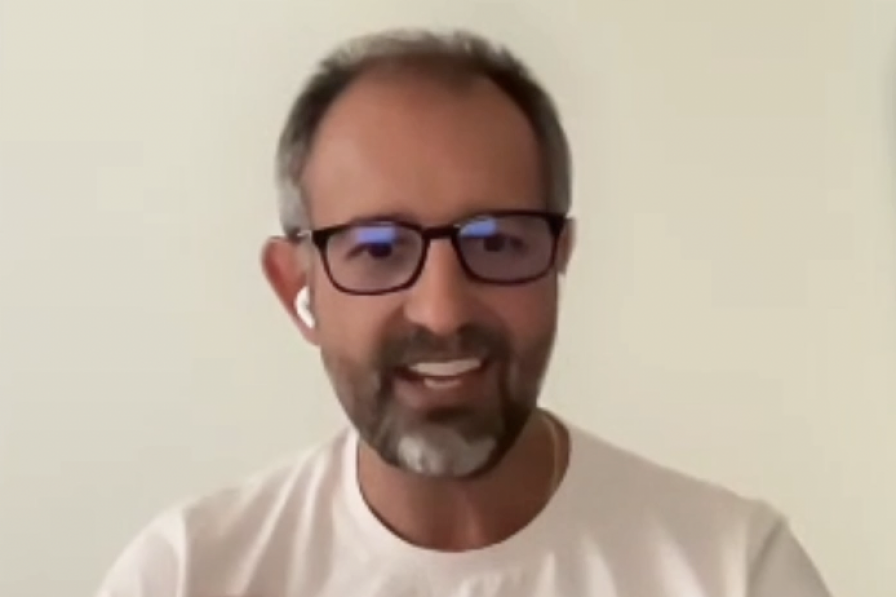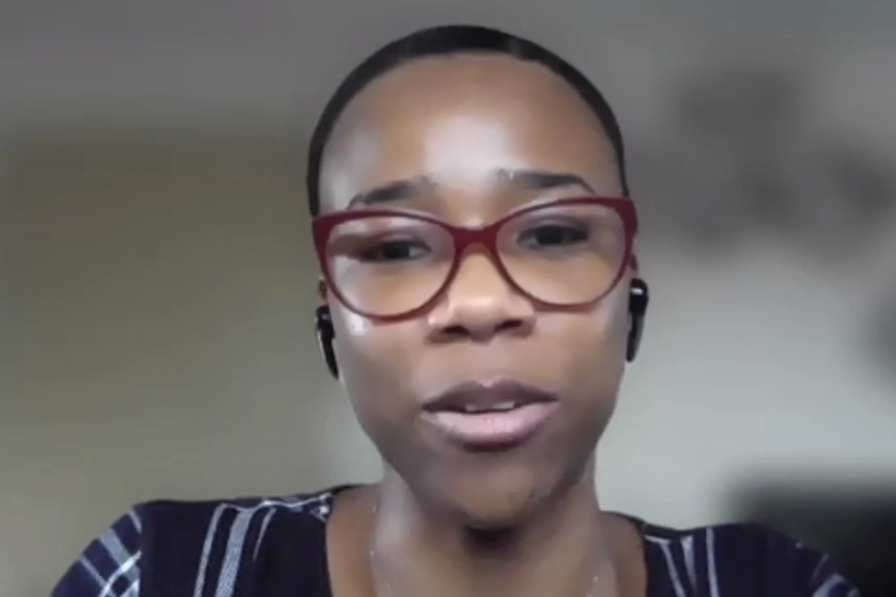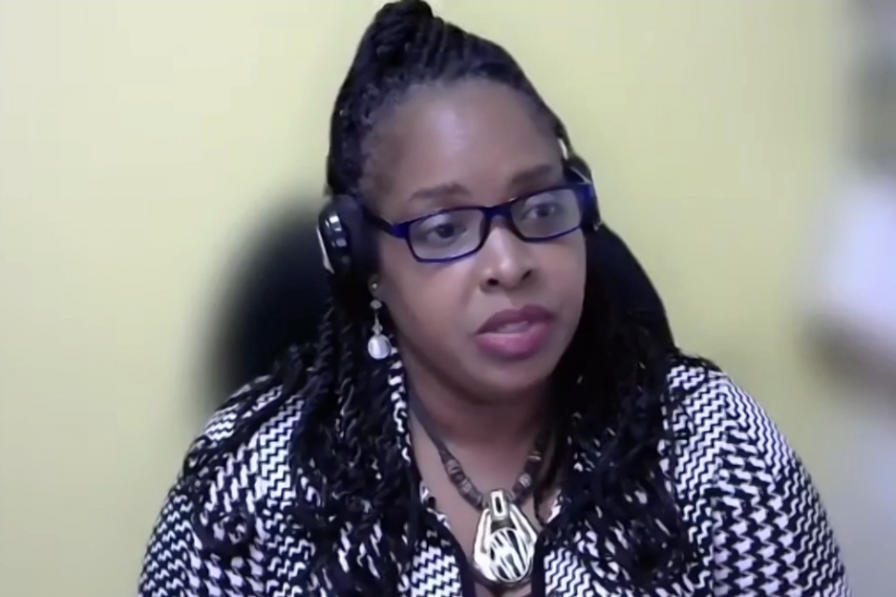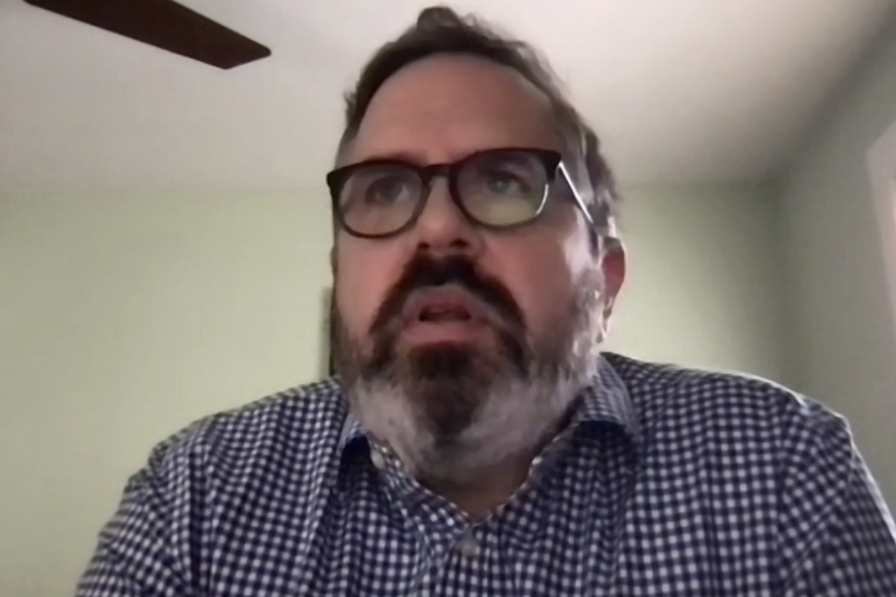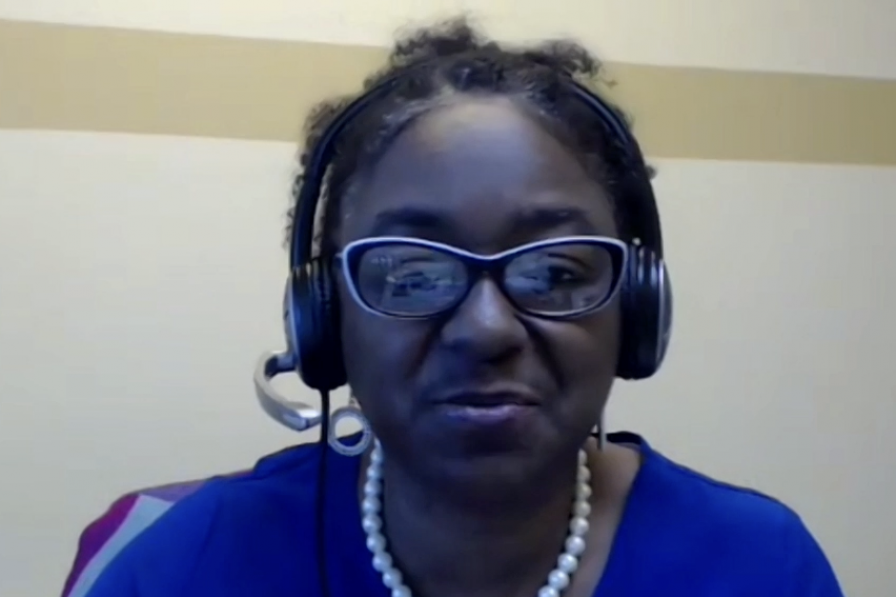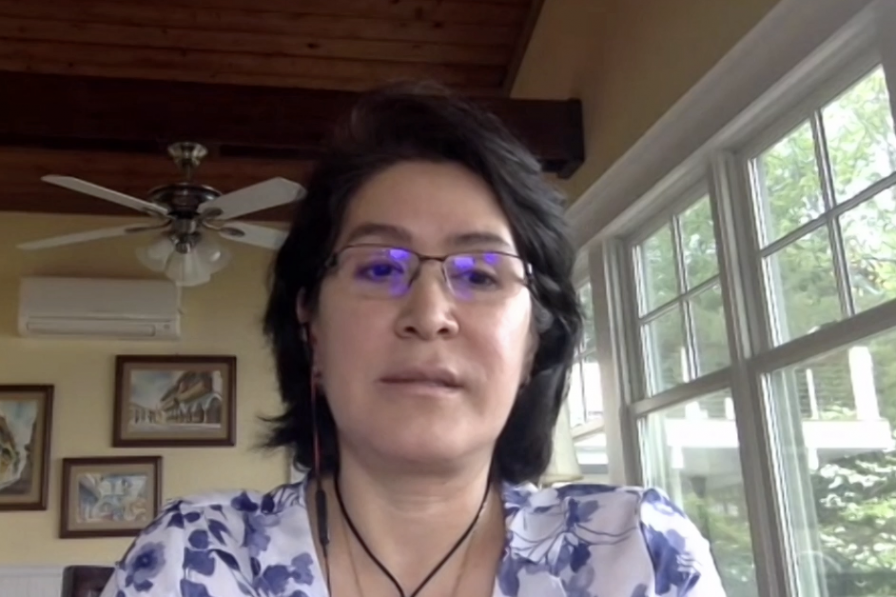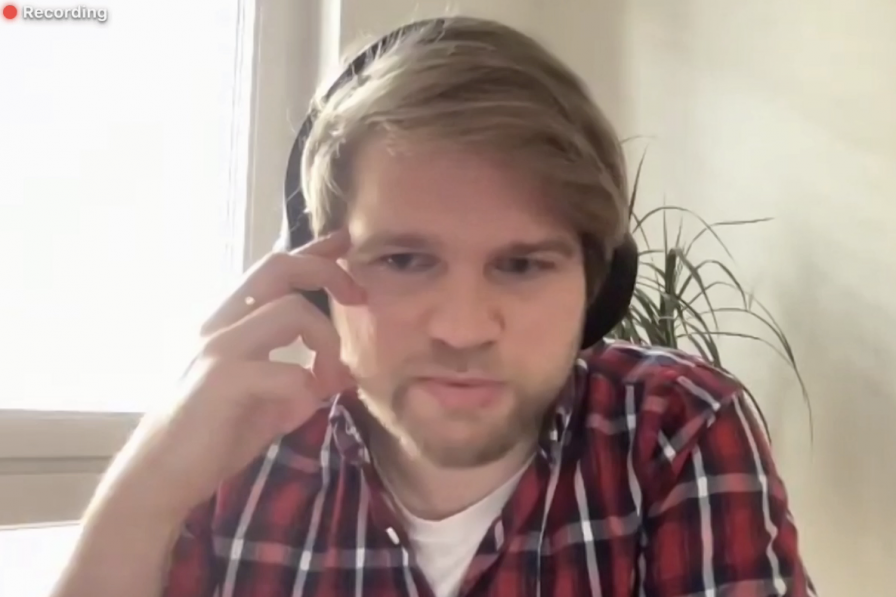On its third day, the GEO Virtual Symposium opened with a session on the Group on Earth Observation’s (GEO) embrace of Open Knowledge, followed by a consultation on the review of the Global Earth Observation System of Systems (GEOSS) concept and a session on how Earth observations data is helping Jamaica address systemic disaster risks.
The Open Knowledge session explored how GEO’s embrace of Open Knowledge can help create a transparent and inclusive environment that enables everyone – scientists, data and knowledge providers, policy makers, and the general public – to maximize the impact of Earth observations for the benefit of all. It opened with a brief overview of GEO’s Statement on Open Knowledge, the creation of the GEO Knowledge Hub, and GEO plans to produce a collection of best practice, guidelines and a “living” white paper on the topic.
Afterward several examples of Open Knowledge projects from the GEO Community were presented, including the Open Data Cube, the Human Planet Initiative, the Earth Observations Toolkit for Sustainable Cities and Human Settlements, the Global Observation System for Mercury (GOS4M), the GEO Global Water Sustainability (GEOGloWS) streamflow forecasts of flooding probability, and the Dengue forecasting MOdel Satellite-based System (D-MOSS).
The consultation on the GEOSS was opened by the Secretariat explaining the recently created Expert Advisory Group (EAG) and its task of reviewing whether GEOSS is still relevant to the GEO mission and whether GEO should continue to provide geospatial information and services infrastructure. The GOS4M and GEO Mountains described their experiences in using the GEOSS portal, highlighting some of its limitations from their points of view. A snap poll of session participants was subsequently conducted, asking 13 questions, including about GEOSS continued relevance, its biggest potential and limitations, whether the current infrastructure and tools are fit for purpose, and whether more user input is needed. The Secretariat said the poll results will be provided to the EAG as input to the review they are conducting. This was followed by a lively debate about the confusion of terms, the value-added of GEO versus GEOSS, and what might be lost if the GEOSS concept is de-emphasized or no longer used. EAG member Gregory Guiliani summarized the take-away messages of the session as:
- participants see continued value and relevance in the concept of a global “system of systems”;
- more user engagement is required;
- information technology and relevant tools need to be better tailored to user needs; and
- there is potential to provide targeted support to agencies with reporting mandates, such as the Minamata Convention on Mercury and the UN Convention to Combat Desertification (UNCCD).
The session on Jamaica discussed the new partnership between GEO’s Disaster Risk Reduction (DRR) Working Group and national officials to conduct SWOT (strengths, weaknesses, opportunities, and threats) analysis of Jamaica’s national DDR strategy and legislation in terms of Earth observation. The session explored the possibility of improved uptake and use of Earth observations tools and services for DRR co-designed with key users in the country, through the next GEO Work Programme.
To receive free coverage of global environmental events delivered to your inbox, subscribe to the ENB Update newsletter.
